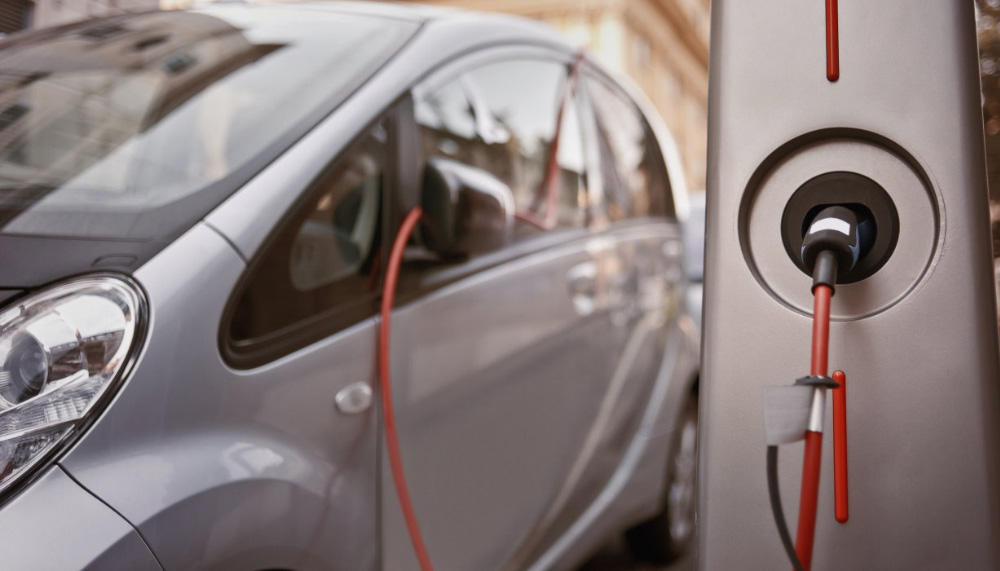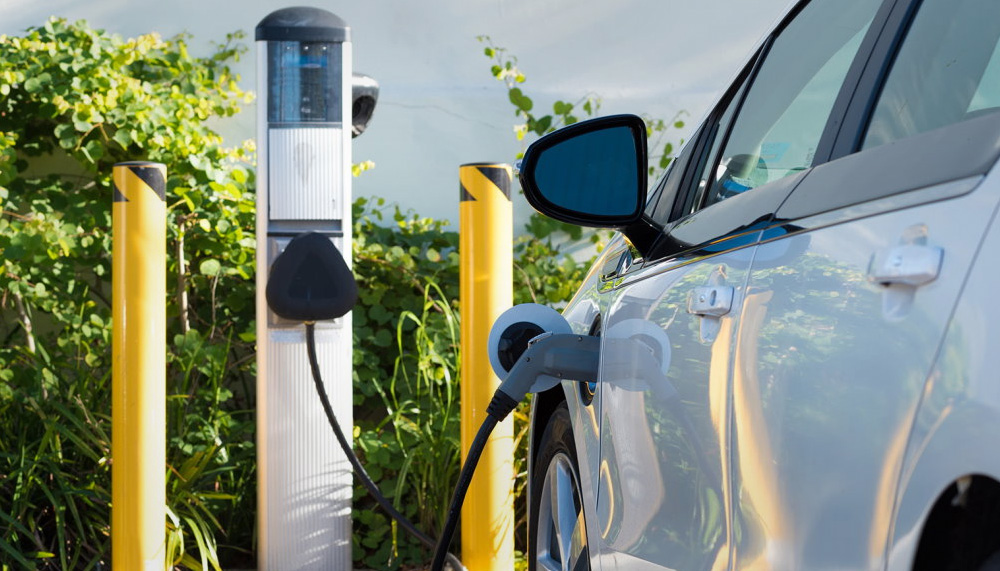The electric vehicle is an electrical use that has been growing in recent years and will continue to do so, with RTE forecasting the arrival of 4.8 million electric vehicles by 2028. It offers two fundamental advantages: a lever for the energy transition, and a solution to help ease the strain on the power grid.
The EDF group is convinced that electric mobility must include smart charging solutions. That is why smart charging and the development of the relevant infrastructures have been one of the strong points of our Electric Mobility Plan since its launch in October 2018.
Moreover, EDF views smart charging as a true asset for electric vehicle users. As a result, the projected arrival of 4.8 million electric vehicles on the market by 2028 (according to the Multi-Year Energy Plan forecasts) should pose no problem. No more blackout worries!
What’s smart charging?
Smart charging is a generic term that refers to all types of technology that seek to control and optimize the charging of an electric vehicle.

The first brick, known as "smart charging" or "V1G", triggers vehicle charging when the electrical grid is least constrained and when renewable energies are producing. This solution optimizes energy bills and gives the power system the flexibility it needs to reduce constraints.
The second brick, known as "V2X", not only triggers vehicle recharging when the electrical grid is least constrained and when renewable energies are producing, but also feeds part of the electricity stored in the batteries back into the electrical grid. From the perspective of an energy expert, the vehicle becomes an energy reservoir. Unused 95% of the time, the vehicle multiplies existing electricity storage capacities over several days. V2X can be broken down into V2B when the energy is reinjected into a building, V2H when it is reinjected into a house (H for home) and V2G when it is reinjected into the electricity grid (G for grid).
What are the challenges of smart charging?
Smart charging provides several benefits:
- For the customer, who can be sure of having enough electricity for his journeys, while benefiting from a more competitive, low-carbon kWh. This means real savings on their electricity bill.
- For the electrical system, which finds in it a lever for flexibility thanks to intelligent load management during off-peak periods consumption and, via V2G, has a reservoir of energy that it can energy reservoir that can be activated if needed.

With smart charging, electromobility represents a real opportunity for the development of renewable energies, for the electrical system and for owners of electric vehicles.
Within the EDF Group, two smart charging players: Izivia and Dreev
A joint venture created in 2019 between EDF Pulse Croissance and NUVVE, a Californian start-up, Dreev develops V1G and V2G smart charging solutions. Thanks to its algorithms, this innovative player optimizes the recharging, or even discharging, of electric vehicles to meet charging needs at a competitive cost and with a minimal carbon footprint.
-
Smart charging by DREEV (nouvelle fenêtre)
What if your EV could earn you money?

